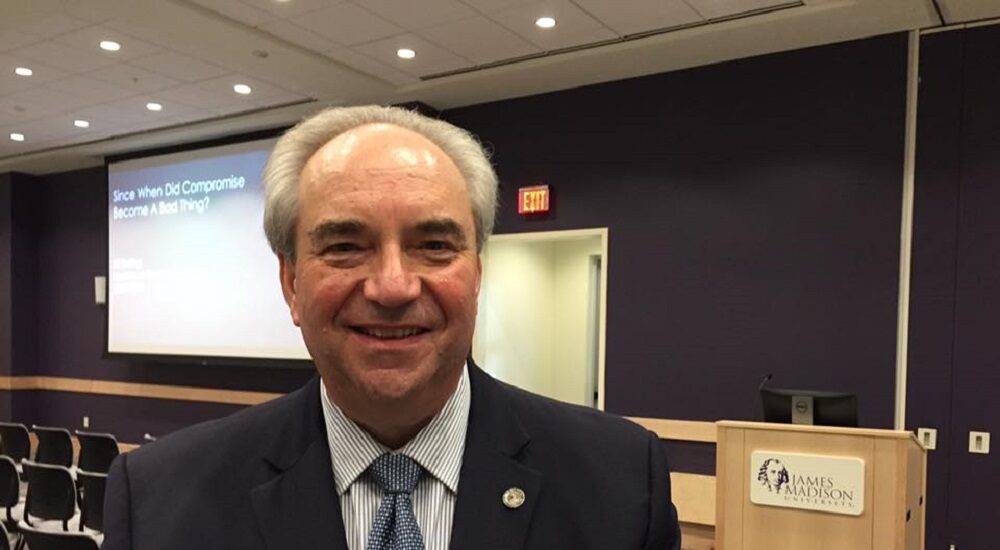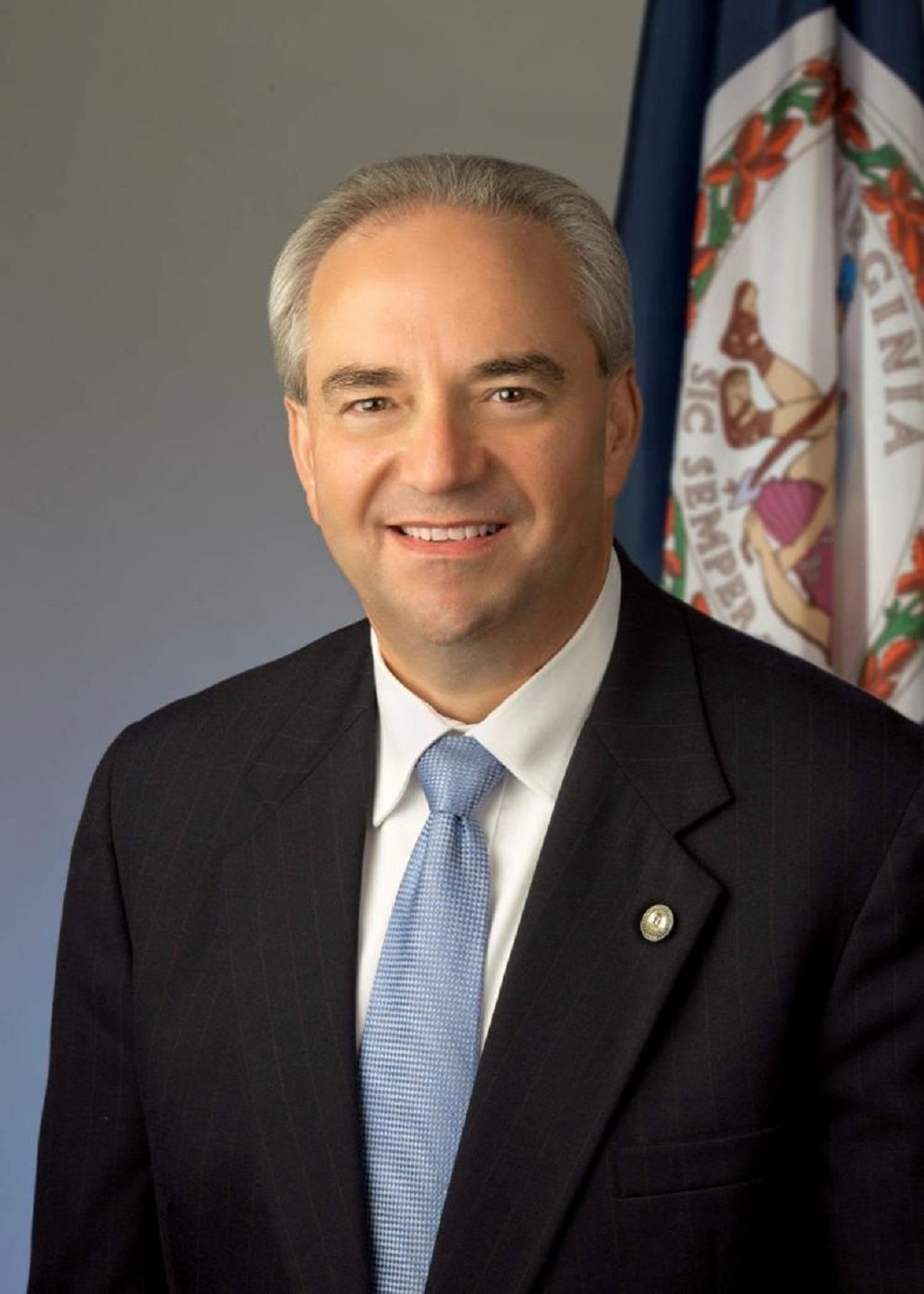Bolling: All Across Virginia Local Elected Officials Are Raising Taxes and Deceiving the Public
Hanover County’s administrator recently unveiled a new budget that was based on the proposition that the county’s real estate “tax rate” would remain at .81/$100 of assessed value.. This was presented as if it was a good thing, when in fact, it represents a significant tax increase for every homeowner in the county.
All across Virginia this same deception is being committed. Local government officials vote to maintain the “tax rate” at its prior level and hoodwink citizens into thinking they have done them a favor.
But they have not done them a favor. In fact, they have voted to raise their taxes! Why? Because most local real estate assessments have gone up, which means that the homeowner’s total tax burden will increase, even though the “tax rate” remains the same.
Here’s what you need to know.
Under current Virginia law, a real estate reassessment cannot result in an increase in net revenue for any local government that is more than 1% of the prior years revenue collections from the real estate tax. If it does, the localities’ existing real estate tax rate MUST BE “rolled back” to offset the impact of the reassessment. This is called the “lowered tax rate” or the “equalized tax rate.”
For example, if a locality has a real estate tax rate of .81/100 of assessed value (as is the case in Hanover County), and a real estate reassessment results in a 10% increase in local revenues from the real estate tax, the localities’ tax rate must be “rolled back” by roughly 10% to offset the impact of the reassessment. In this example, the new tax rate, WHICH IS MANDATED BY STATE LAW, would be .73/100 of assessed value.
If the locality wishes to set the “final tax rate” at any number higher than .73/100 they must hold a public hearing and vote to do so. If they vote to do so, they would be increasing the tax rate above the legally required “rolled back” rate. That’s a tax increase, plain and simple. By law, it is actually referred to as the “effective tax rate INCREASE.” [emphasis added]
Following a reassessment, many localities will do what Hanover County is proposing. They will vote to keep their “final tax rate” at the same level that existed prior to the reassessment. In the example given above, they would vote to keep the “final tax rate” at .81/100. Local officials then argue that they did not increase the “tax rate” – that it is still .81/100 of assessed value.
However, this argument ignores the fact that the statutorily required “rolled back rate” was .73/100. The reality is that the Board of Supervisors has voted to raise your real estate taxes.
In fairness, many localities rely heavily on the real estate tax to fund critical local programs like public education and public safety. Local supervisors would argue that unless they allow increases in real estate property values to drive revenue collections they would not have the money they need to fund these critical services. This may well be a valid argument, but the discussion should be undertaken with openness, honesty, and transparency.
Here is the controlling state law that governs this process: § 58.1-3321. Effect on rate when assessment results in tax increase; public hearings; referendum (Code of Virginia). Read it for yourself and be informed.


